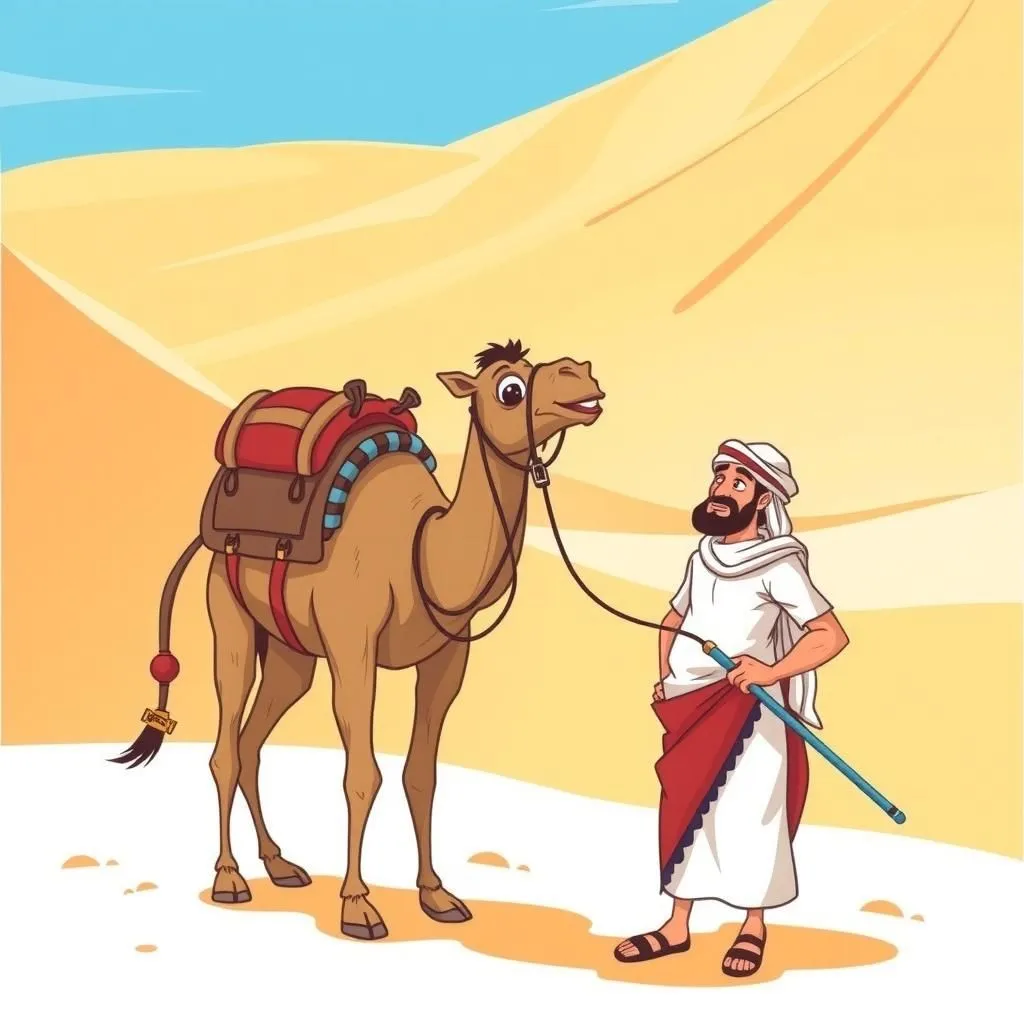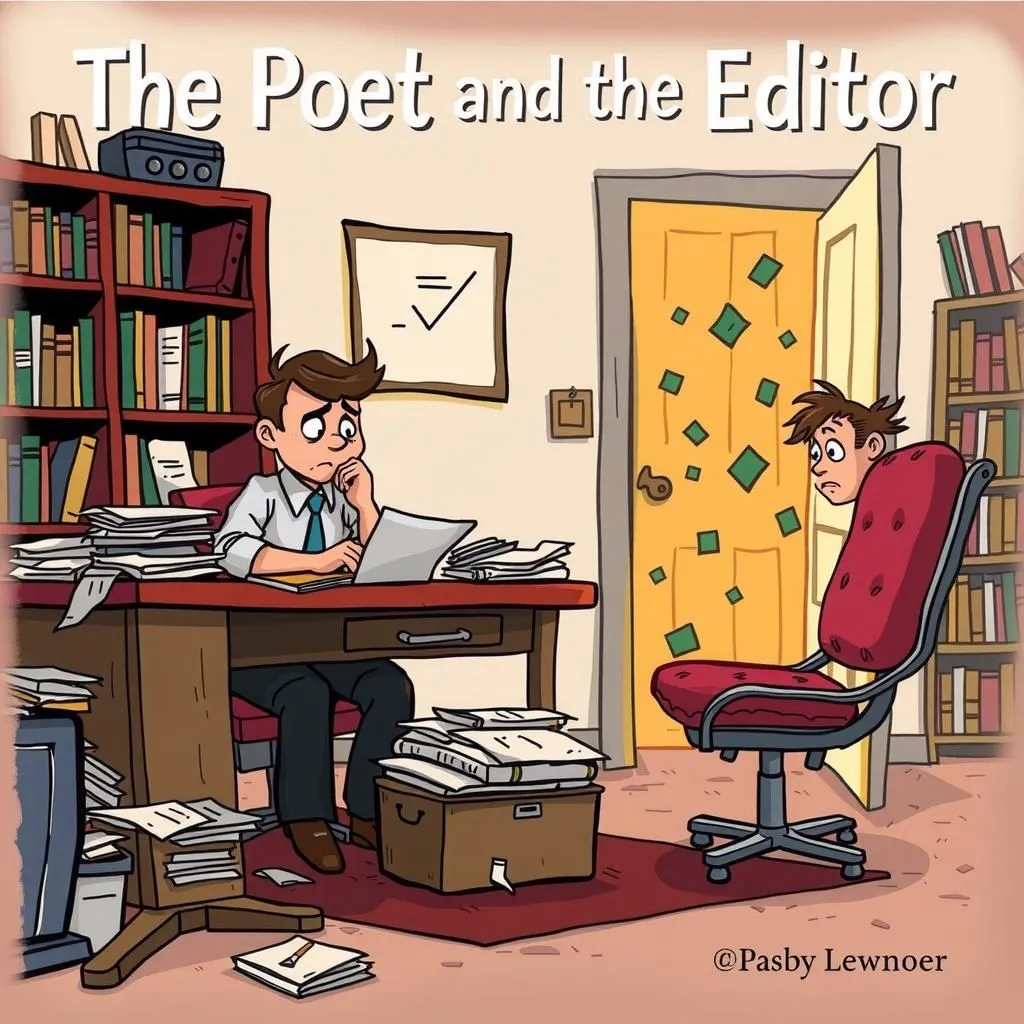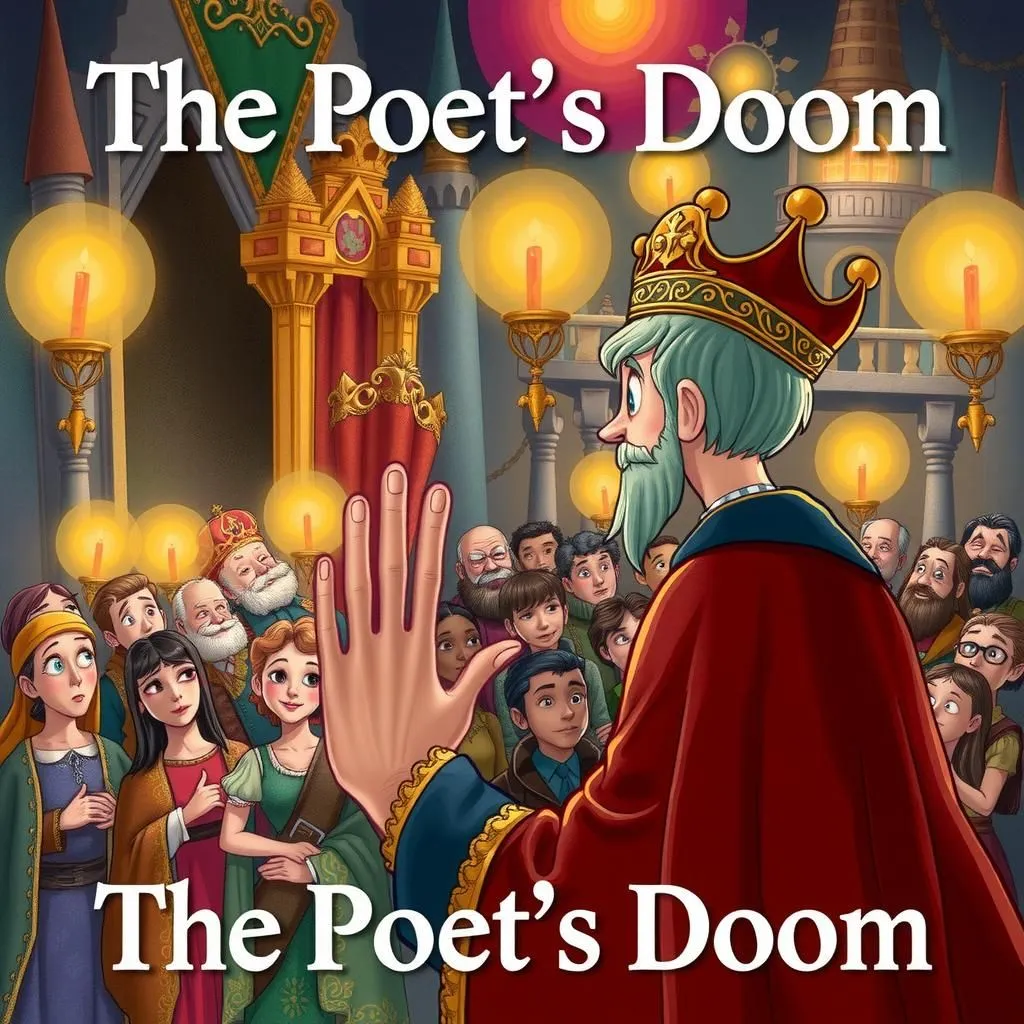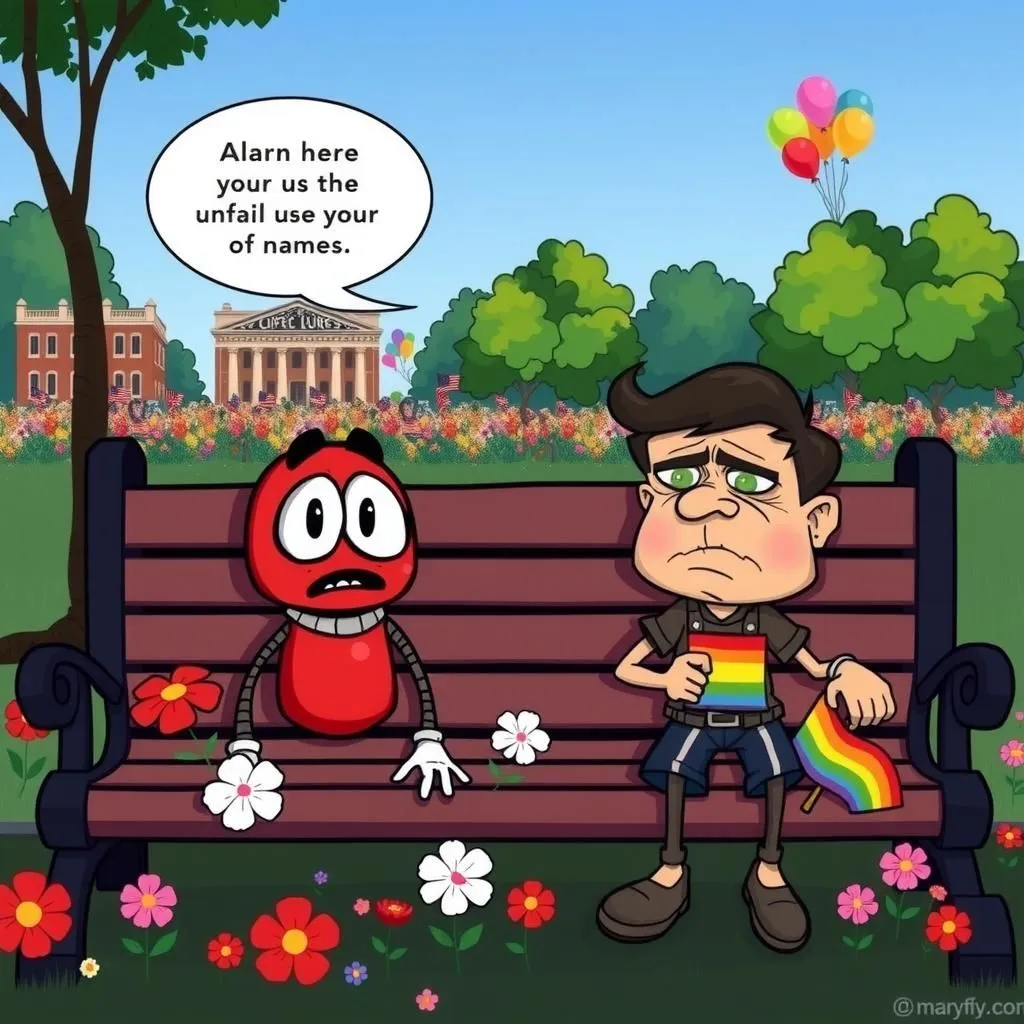
The Camel and the Arab
In the well-known moral story "The Camel and the Arab," an Arab camel-driver asks his camel whether it prefers to go uphill or downhill after being loaded. The camel wisely points out that the real preference would be for a flat, level path through the desert, emphasizing the absurdity of the limited choices presented. This inspirational story with moral highlights the importance of recognizing broader options in life, making it a culturally significant example of moral-based storytelling.


